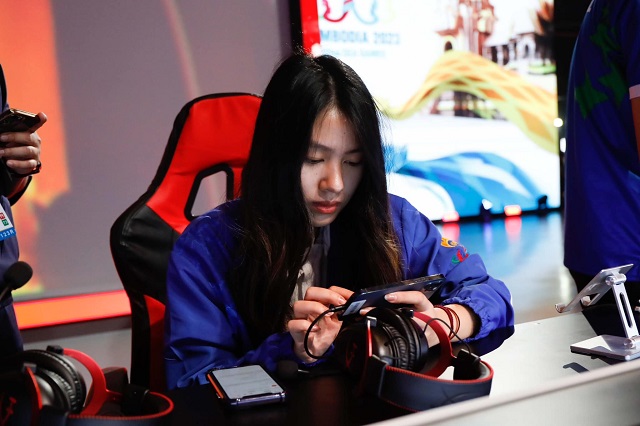As the mobile gaming industry continues to thrive, developers are increasingly adapting successful PC and console games to the mobile platform. However, transitioning games between these diverse platforms presents unique challenges. This article explores the best practices for bringing PC and console games to mobile, ensuring a seamless and enjoyable gaming experience for users.

Optimized User Interface (UI) and Controls from
Mobile devices have different screen sizes and input methods compared to PCs and consoles. To enhance the user experience, developers must optimize the game’s UI and controls for touchscreens. Intuitive touch controls and a streamlined UI are essential for maintaining gameplay fluidity and ensuring that players can easily navigate the game.
Performance Optimization
Mobile devices vary in terms of processing power and hardware capabilities. Therefore, it’s crucial to optimize the game’s performance for a broad range of mobile devices. This includes adjusting graphics settings, implementing efficient resource management, and optimizing code for smoother gameplay across different specifications.
Adapting Monetization Strategies
PC and console games often have different monetization models than mobile games. Developers should carefully consider and adapt their monetization strategies for mobile platforms. This may involve incorporating in-app purchases, ads, or subscription-based models that align with mobile gaming norms and user expectations.
Offline Gameplay and Accessibility
Mobile gamers often appreciate the ability to play games offline. Developers should consider implementing offline gameplay features to cater to users who may not always have a stable internet connection. Additionally, ensuring accessibility features, such as adjustable text sizes and color contrasts, enhances the inclusivity of the game for a diverse mobile audience.
Cross-Platform Compatibility
Consider incorporating cross-platform compatibility to allow players to seamlessly switch between different devices. This feature enables users to continue their gaming experience on mobile, PC, or console, providing flexibility and convenience. Implementing cross-platform compatibility can also contribute to building a unified gaming community.
Social Integration and Multiplayer Features
Mobile gamers often enjoy social and multiplayer experiences. Incorporating social media integration, leaderboards, and multiplayer features enhances the game’s social aspect. Developers should explore ways to leverage mobile platforms’ connectivity to foster a sense of community and competition among players.
Regular Updates and Support
Maintaining a consistent update schedule and providing ongoing support are vital for the long-term success of a mobile game. Regular updates can include bug fixes, new content, and optimizations, keeping the game fresh and engaging for players. Responsive customer support is essential for addressing player concerns and feedback promptly.
Conclusion
Adapting PC and console games to mobile platforms requires a thoughtful and strategic approach. By optimizing UI and controls, addressing performance considerations, adapting monetization strategies, ensuring offline gameplay, and embracing cross-platform compatibility, developers can successfully bring their games to a broader mobile audience. Implementing these best practices not only enhances user satisfaction but also contributes to the overall success and longevity of the mobile adaptation.



